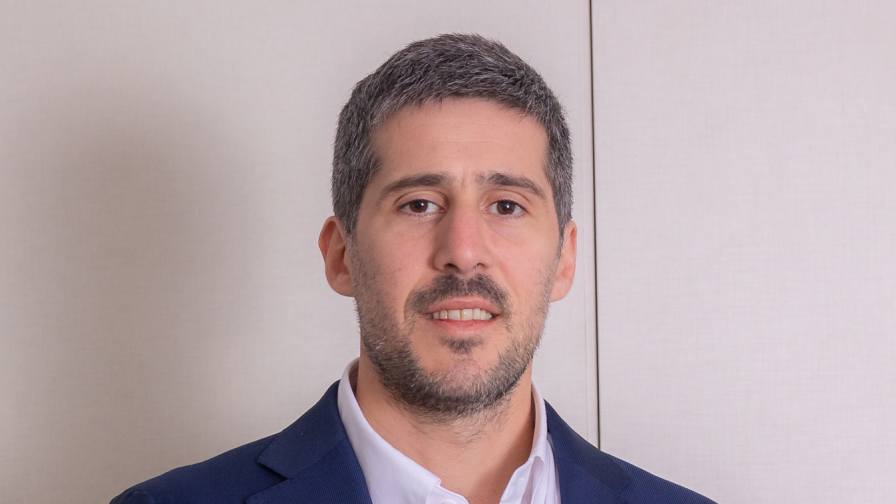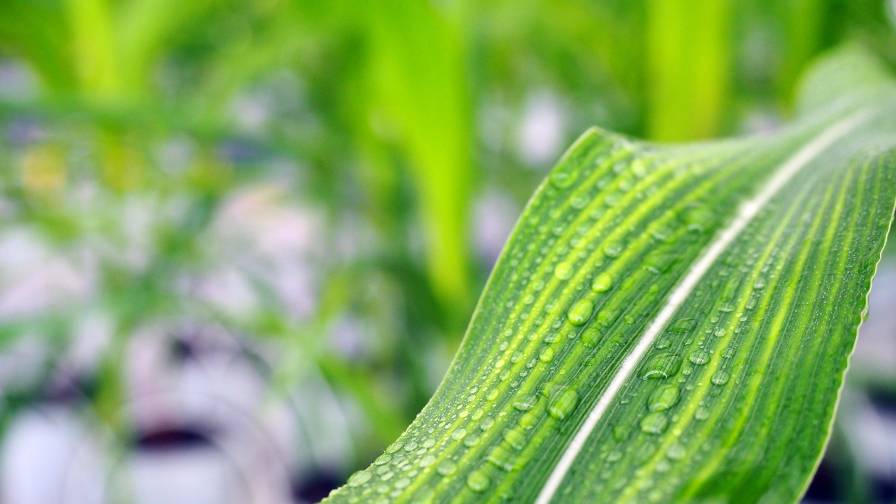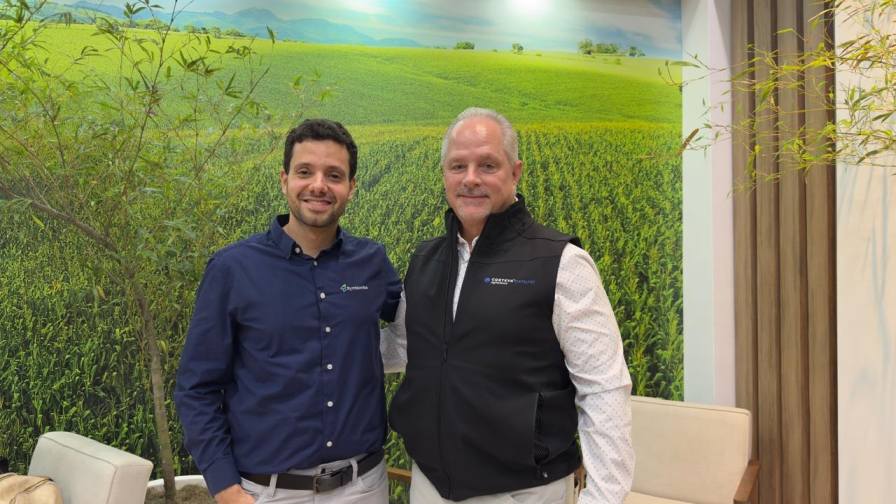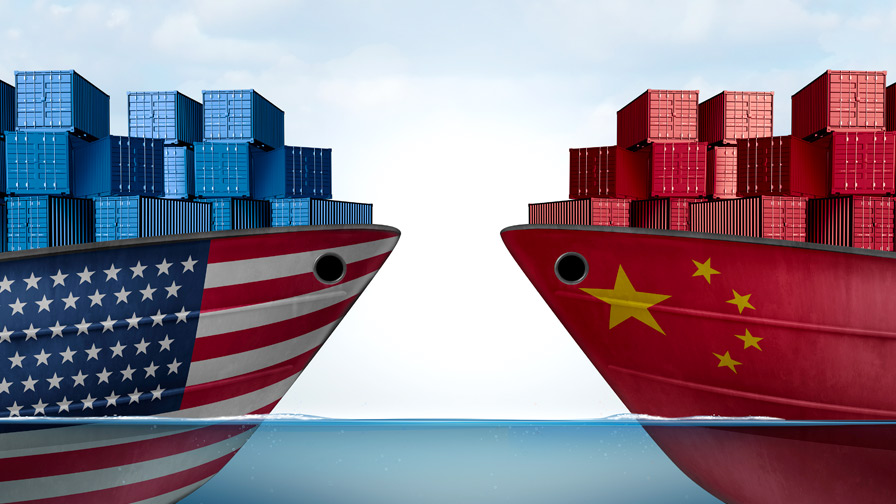The State of GMOs in Kenya

Fall armyworm has invaded several African nations, which has governments reconsidering bans on GM crops. Photo courtesy: Charles T. Bryson, USDA Agricultural Research Service, Bugwood.org
In 2006, the African Union adopted a resolution stating genetically modified organisms (GMOs) were not welcome on the continent. It did not take long before the resolution was shredded after it became apparent GMOs have the potential to redefine agriculture. Despite inherent uneasiness, Africa is becoming the next frontier for GM technology albeit slowly. In an interview with Agribusiness Global™, Prof. Dorington Ogoyi, Managing Director of Kenya’s National Biosafety Authority, puts the issues surrounding GMOs into perspective. The National Biosafety Authority (NBA) is a regulatory agency charged with the responsibility to oversee activities involved in genetically modified organisms. Essentially, the focus is regulating GMOs through the entire chain during the development process from contained use within the laboratory environment, confined field trials all the way to the national release.

Prof. Dorington Ogoyi, Managing Director of Kenya’s National Biosafety Authority
Q. What is the status of GMOs in Kenya?
Kenya enacted the Biosafety Act in 2009 and established NBA in 2010. Since its establishment, NBA has reviewed over 28 contained use applications. These are applications done in the lab. We have approved 14 confined field trials and reviewed two environmental release applications for Bt cotton and Bt maize. Bt cotton has moved on and we expect national performance trials to commence (soon). Bt maize still has some issues to resolve.
Q. Does Kenya allow any form of GMOs?
If the question is, “Do we have GMOs in the market,” then the answer is “no” from a regulatory point of view. We have not approved any product for placement in the market. Back in 2012 Kenya banned GMO imports, and technically as an agency, we are supposed to enforce that ban. As we speak, no imports that are GMOs, are allowed in Kenya.
Q. There have been talks about lifting the ban. What is NBA’s position?
From our perspective we advised the government on which direction to go, which is that the ban should be lifted to allow Kenya to get the full benefits of GM technology.
Q. Can GMOs help tackle the problem of fall armyworm?
Fall armyworm is a new pest in this region. The focus now is basically applying lots of insecticides and identifying which are ideal. I think at the end of the day the management of the worm will have to be the use of several approaches. The Bt maize approved for national performance trial has some impacts on fall armyworm although it was not designed for the worm. This is a positive side effect. If scientists are given a chance to look for Bt strains that can be effective against the fall armyworm, it is possible that we can introduce that into the maize and control the worm. GMO products can be one of the tool kits that can be used to manage the fall armyworm.
Q. Can GMOs and non-GMO crops co-exist?
Yes, GMOs can co-exist with conventional crops. Even when you look at how leading cotton countries have adopted GMOs, there is still a percentage that still grows organic. Even in Brazil where adoption of GMO is very high, they still have a provision for growing non-GMO. There are mechanisms of doing this like isolation, spacing, planting at different seasons, zoning, and planting at different times. For example, if you plant maize 10 days apart the possibility of cross pollination is nil because they will be at different stages.
Q. How has the European Union (EU) impacted African countries regarding GM technology?
The issue about EU is sometimes misrepresented because the EU, if you look at the records, is the major importer of GMO products from South America. They import tons of soybeans, soy oil, maize products among others. They are the largest consumers of products from South American countries, which have adopted a number of GMO technologies. The only condition that the EU sets is that it must approve the product. If Kenya, or any other African country, is going to produce GMO products, they must be approved by EU for imports. The difference is that EU imports GMOs as food but is reluctant to plant.





